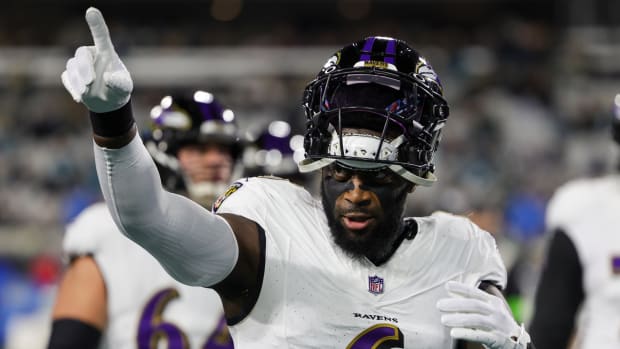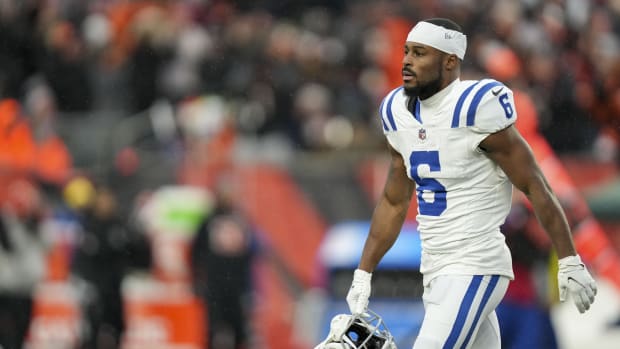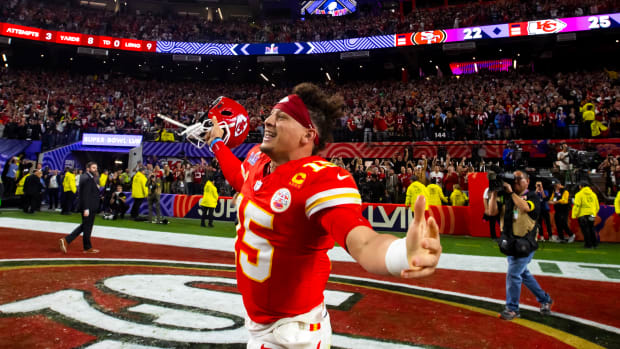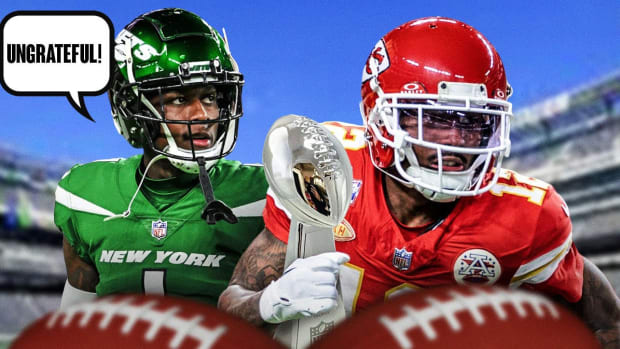What Time Is the Super Bowl? We Asked Theoretical Physicist Carlo Rovelli
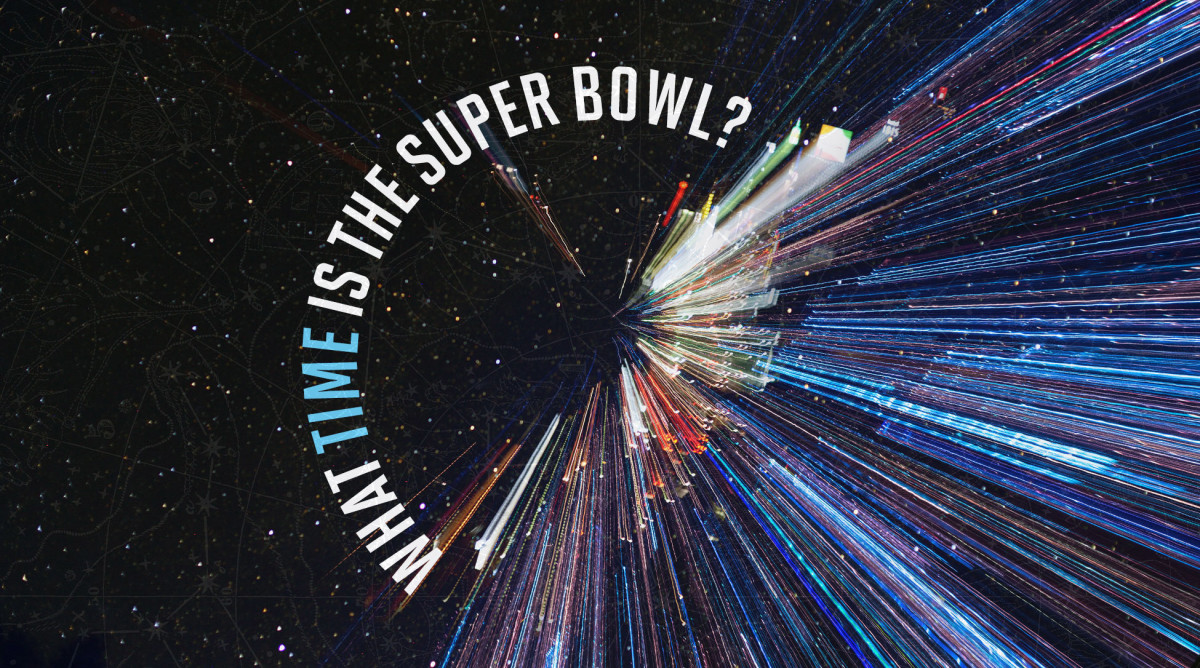
“What time is the Super Bowl?” It’s the question on everyone’s mind in the lead-up to the game. We know this because millions across the globe type this seemingly simple question into their internet search engine of choice, and thousands of websites (including this one) publish a story purporting to provide the answer.
But these responses merely scratch the surface of much deeper issues and larger truths. To truly comprehend the scope of the question, and the problems it involves, we need a more profound understanding of just what “time” is ... or even whether it is.
With that in mind, we asked renowned theoretical physicist Carlo Rovelli, author of the international bestseller The Order of Time and director of the quantum gravity group of the Centre de Physique Théorique at the Aix-Marseille University, to provide a more appropriate answer to the question: “What Time Is the Super Bowl?” He was kind enough to oblige.
What Time Is the Super Bowl?
All right, I am told that the Super Bowl starts at 6:30 p.m., Eastern Time, on Sunday, Feb. 3. Fair enough. But, ladies and gentlemen, I am a physicist, and I am used to a bit more precision. 6:30 p.m. is the time the Super Bowl will start in Atlanta. Most of us are not in Atlanta. So for us, the game will start later than that. You need the time for the images to be captured by the cameras, be broadcasted to air or cable, be captured by my TV screen, leave my TV screen, get to my eyes (not to mention the time my brain needs to process and decode the images). You may say this is fast—of course this is fast. But it takes some time nevertheless, and I am a physicist, I need precision. For most of us, the game will actually start some time later than the kickoff in Atlanta.
What about the lucky guys who will actually be in Mercedes-Benz Stadium? Well, they will certainly see the kickoff before the rest of us. But think about it: They too will see it after the fact, because light is fast, but not infinitely fast. Light still takes time to move from the kicked ball to the eyes of the guy in the stands. He, too, sees the kickoff a bit after the fact.
In fact, if you reflect for a moment: You never see the present—you only see the past, because light takes time to get to your eyes. Curious, no?
Not to mention the fact that the present itself is a very tricky business. What does it mean—“present,” after all? If it is not what we see, what is it? This is confusing, isn’t it? Well… we all have clocks, watches, phones that tell us the time, so the present is when they all tell the same time, right? Not really, if you want to be precise. Think about it: We have discovered that clocks run at different speed depending on how fast they are moved, and depending on how high they are positioned. That’s right, it is a fact: Two equal clocks go out of time with respect each other if one is moved and the other is kept fixed. The same will happen if one is kept, say, above your head, and the other lower, say, at your feet. All this was discovered by Einstein a century ago; for a while it was just brainy stuff for nerds, but today we are sure it is true. A good lab clock can check this, and it is truly true. Your head lives a bit longer than your feet (unless you spend a lot of time upside down).
So, the clock of the guy up in the high sections of the stadium runs faster than the clock of the referee on the field. And Tom Brady’s clock (if he were to wear one) runs slower, because Tom moves fast (okay, maybe not “fast,” but faster than the people sitting and watching him). It is a small difference, but I am a physicist, I need to be precise. So, what do they mean when they say a game lasts 60 minutes? Is this 60 minutes for Tom Brady, or for the fans watching him? Tom runs, so he has less time. And he is down on the field, so he has even less time. Is he being cheated?
If, on Sunday, the Patriots score the winning touchdown on the game’s final play, snapping the ball in the last possible moment before the time has run out, but the light signal showing this reaches the referee and the cameras after the time has run out, is the score valid?
Carlo Rovelli is an Italian theoretical physicist, the head of the quantum gravity group at the Centre de Physique Théorique of Aix-Marseille Université in France. He is one of the founders of the loop quantum gravity theory and author of the international bestsellers Seven Brief Lessons on Physics, Reality Is Not What It Seems, and The Order of Time.

































